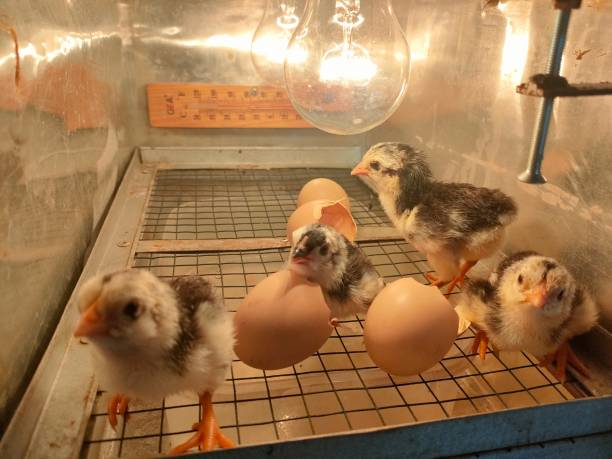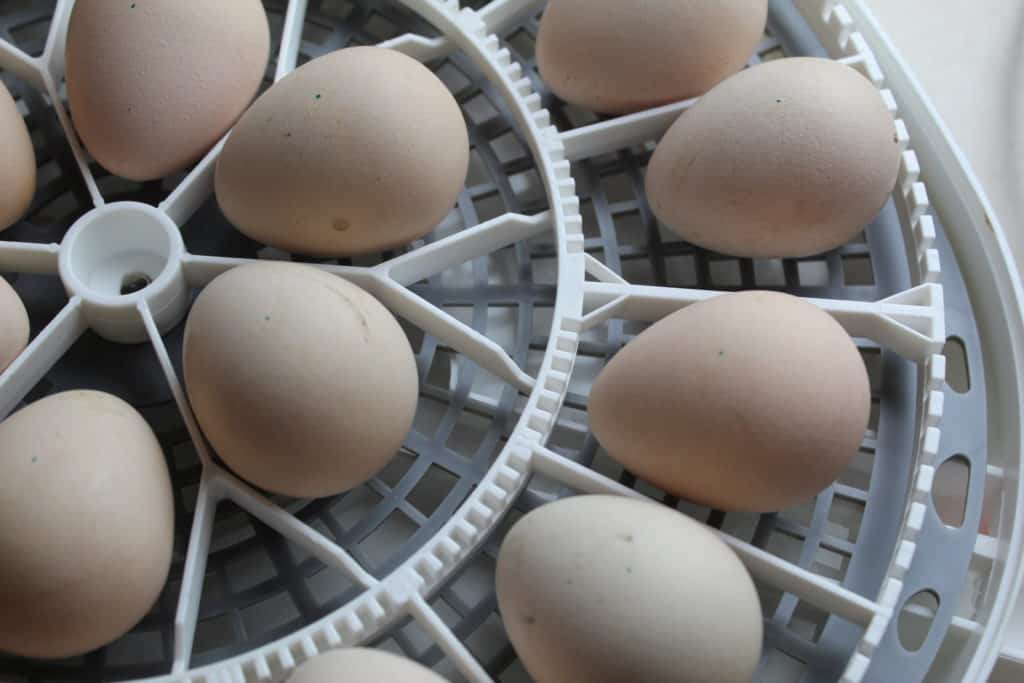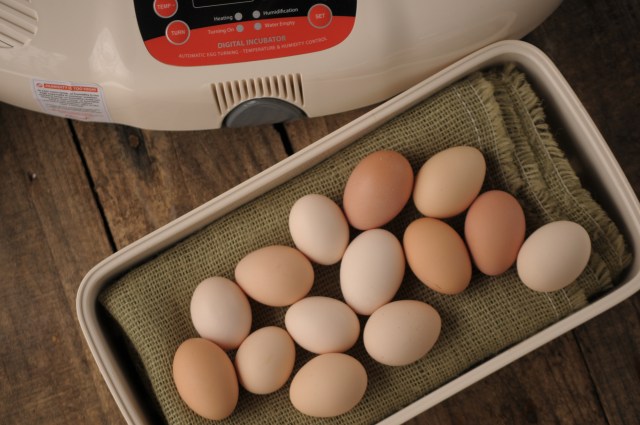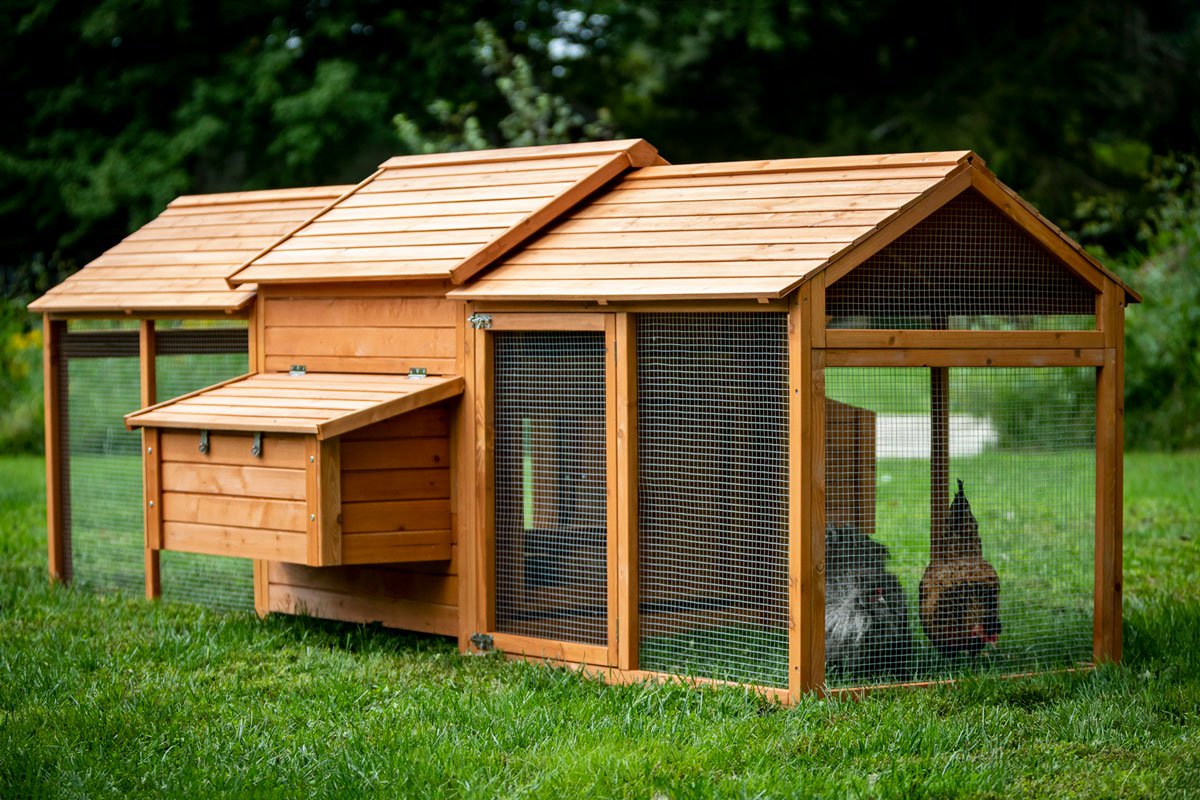Choosing the right size incubator is crucial for anyone looking to hatch eggs successfully. Whether you’re a seasoned poultry farmer or a hobbyist, understanding what size incubator do I need is the first step to ensure healthy and successful hatching. In this guide, we will explore the factors that influence incubator size and help you make an informed decision. By the end of this article, you’ll have a clear understanding of the best incubator size for your needs.

Understanding Incubator Sizes
Incubators come in various sizes, and selecting the right one depends on several factors, including the number of eggs you plan to hatch, the species of eggs, and your available space.
Factors to Consider
- Number of Eggs: The more eggs you plan to hatch, the larger the incubator you’ll need. Small incubators are suitable for hobbyists, while larger ones are ideal for commercial purposes.
- Species of Eggs: Different species of birds have varying egg sizes. Make sure the incubator you choose accommodates the specific eggs you plan to hatch.
- Available Space: Consider the space you have available for the incubator. Ensure there is adequate space for ventilation and easy access.
Types of Incubators
Understanding the different types of incubators can also aid in determining the right size for your needs.
Still Air vs. Forced Air Incubators
Still Air Incubators are usually smaller and more affordable, making them suitable for beginners. However, they are less effective for larger batches of eggs. On the other hand, Forced Air Incubators have fans that circulate air, providing even temperature distribution. These are better for larger hatching projects.
Manual vs. Automatic Incubators
Manual Incubators require you to turn the eggs yourself, while Automatic Incubators have mechanisms that turn the eggs for you. Automatic incubators are typically larger and more convenient for larger batches.
Calculating the Right Size
To calculate the right incubator size, determine the number of eggs you plan to hatch at once. Most incubators list their capacity, so ensure the model you choose can accommodate your needs.
Example Calculation
If you plan to hatch 50 chicken eggs, choose an incubator with a capacity of at least 50 eggs. Consider opting for a slightly larger model to account for any growth in your hatching endeavors.
Common Mistakes to Avoid
When deciding on what size incubator do I need, it’s crucial to avoid common mistakes that can affect your hatching success.
Overloading the Incubator
Overloading an incubator can lead to poor air circulation and temperature regulation, decreasing hatching success rates. Always follow the manufacturer’s recommendations for egg capacity.
Ignoring Ventilation Needs
Proper ventilation is crucial for maintaining the right humidity and temperature levels. Ensure your incubator has adequate ventilation to support your hatching process.
Maintenance and Care
Proper maintenance and care of your incubator are essential for long-term success.
Regular Cleaning
Clean your incubator thoroughly after each use to prevent bacteria buildup. Use mild soap and water, and ensure it is completely dry before storing.
Temperature Calibration
Calibrate your incubator’s thermostat regularly to ensure accurate temperature readings. This step is vital for successful hatching.
Advanced Tips for Successful Hatching
Beyond choosing the right size incubator, there are advanced tips that can enhance your hatching success.
Monitor Humidity Levels
Humidity plays a crucial role in the hatching process. Invest in a hygrometer to monitor and adjust humidity levels as needed. For more detailed tips on managing humidity, check out this Egg Incubator Humidity Hacks guide.
Rotate Eggs Regularly
Regular egg rotation ensures even heat distribution, promoting successful hatching. Automatic incubators handle this task for you, but if you have a manual incubator, set a schedule for turning the eggs.
FAQs
How do I choose an incubator size for different bird species?
Select an incubator that accommodates the specific egg size of the bird species you plan to hatch. Some incubators offer adjustable settings to suit different species.
Can I use a small incubator for large batches?
It’s not recommended to use a small incubator for large batches due to poor air circulation and temperature regulation. Opt for a larger incubator if you plan to hatch many eggs.
What is the ideal temperature for hatching eggs?
The ideal temperature varies slightly by species, but most avian eggs hatch successfully around 99.5F. Verify the specific requirements for your chosen species.
For more information on Chicken Incubator Troubleshooting and other hatching tips, explore more resources on our website.

Conclusion
In conclusion, understanding what size incubator do I need is a vital step in ensuring successful hatching. By considering the number of eggs, species, and available space, you can choose the right incubator size for your needs. Remember to maintain and care for your incubator properly and follow advanced tips for optimal hatching results. For more detailed guidance, visit Purina’s Guide to Hatching Eggs at Home.
This article contains affiliate links. We may earn a commission at no extra cost to you.










